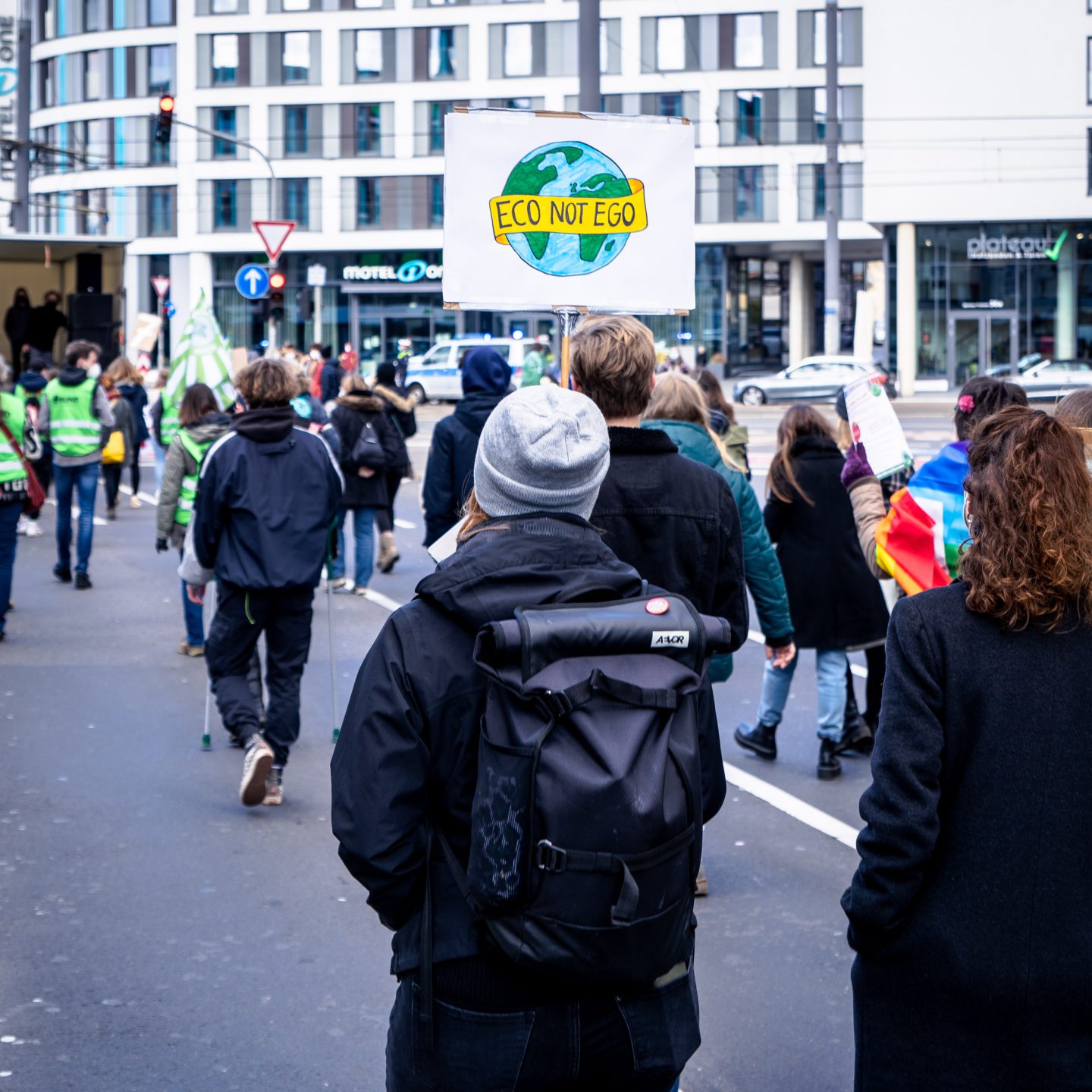#Listen to this post
The recent mobilization of climate activists across the world for the Global Fight to End Fossil Fuels marked a historic moment, reuniting climate activists and renewing the global movement for climate justice. Held in September, in advance of the UN General Assembly in New York, it attracted over 600,000 people mobilized in person over 60 countries. The movement sought to mobilize groups worldwide to organize their local community to campaign collectively around six demands, while also providing space for them to pursue their local objectives and actions. Online, campaigners kicked off new hashtags to promote and organize under the common banner #endfossilfuels.
To all those working, marching and championing real climate action, I want you to know that you are on the right side of history and that I am with you.
António Guterres, United Nations Secretary General
I followed the climate protest online, and it struck me, that while the protest aimed to ensure all voices count, only some voices break through the noise and reach a wide audience. Here are some of the top individuals who were movers and shakers of the campaign to #endfossilfuels.
While there were many organisations and groups mobilizing the community to take action during this protest, I was curious to see that social media platforms and media outlets promoted the content of these individuals above that of others. Some possible reasons:
Algorithm bias
As mentioned in my earlier blog, social media platforms rely on advertising and engagement models to use algorithms to promote certain content, and this rewards high-profile influencers which in turn makes money for the platform. In particular, Twitter promotes content from users with verified accounts, active accounts and those producing high-quality media content which makes it difficult for users with less digital fluency to create a large following.
Algorithms are built on AI and machine learning which does the opposite of amplifying the voice of the marginalized. It makes it difficult for new voices to be heard unless they can use the existing communities to reach their audience.
Community and solidarity
Climate protestors, often create tight-knit communities and support networks, which are crucial to sustain the effort required in the fight against climate change. Therefore, the longer you are connected to the cause, the greater network you may have. Celebrities on the other hand tend to bypass the need to create their own community in the protest, and rather gain the status due to their existing community following outside of the cause. There are a few challenges to this, as their interest in the cause may be seen as fake and their messages although reaching a wider audience their potency is diluted by their other interests.
Meanwhile, climate protests in other parts of the world gain very little media and social media attention. Mass demonstrations in Panama, farmers protesting in Ecuador, and protestors in Uganda and Tanzania have not had their voices heard in the same way campaigners in the Global North.
That said, the ongoing efforts of climate activists go beyond the clicks, likes and shares for a one-off campaign. Climate protests attract media and shine an albeit temporary light on the climate crisis, the work of civil society and community organizers happens on the sidelines of the individual protest. In particular, efforts to democratise information and knowledge, advocacy work, work with governments both nationally and internationally and training of future community leaders to organise and run campaigns.
“Sometimes we really need to fight for what we love — and not in a metaphor, fight for real. Like they say here, ‘La pelea es peleando’” — the fight is fighting. “And this is the most important fight of our times. Even if we are scared we will do it.”
Serena Vamvas, an environmentalist leader in Panama
In my next post, I will talk more about how climate activism focuses a lot of its energy on creating community leaders to campaign and advocate change. Do you know a better way to ensure the voices of the marginalised count and are heard or do we have to continue to rely on the voices of influencers and celebrities to amplify the message? I look forward to your comments.
Don’t want to read? Listen to this post here:

